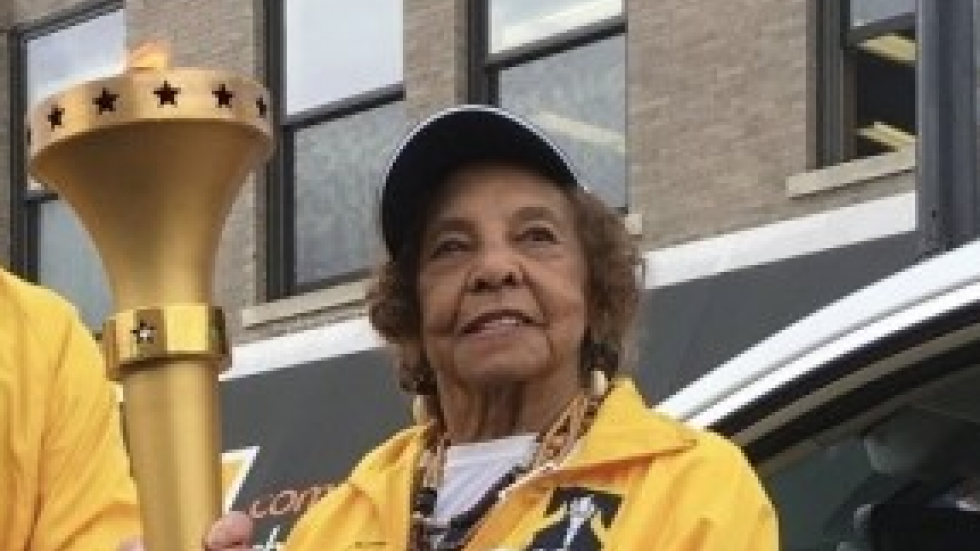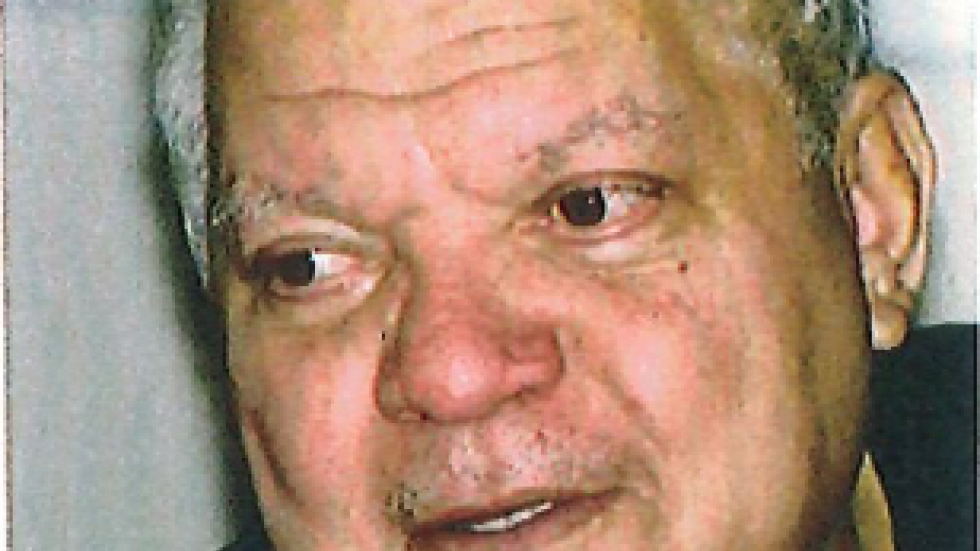In honor of Dr. Martin Luther King, Jr. Day, the City of Marion is highlighting a local hero from history: Katherine “Flossie” Bailey.
“Mrs. Bailey stands as a pioneering advocate for our community who tirelessly championed the well-being of all individuals within our city and across the state.” — Mayor Ronald Morrell, Jr.

Her Story (from the image above) reads:
Katherine (Flossie) Bailey
Kokomo, Howard County
1895 – February 6, 1952
Katherine (Flossie) Harvey was born in Kokomo, Indiana, in 1895. She married Dr. Walter T. Bailey who had set up practice in nearby Marion in Grant County, and later gave birth to their only child, Walter Charles.
While in Marion, Flossie became recognized as a community leader at the state and national levels. In 1918, she began working to establish a Marion chapter of the NAACP. She and her husband spoke out against hospital and school segregation. They also filed lawsuit against a movie theater that had refused them admittance and fought that injustice all the way to the Indiana Supreme Court. Despite losing the lawsuit, they continued to speak out against racial injustice.
On August 7, 1930, two black teenage boys arrested for robbery and rape were lynched by an angry mob. In an attempt to prevent it, Flossie made numerous phone calls and sent telegrams to the governor’s office, requesting additional police protection. Despite receiving death threats she continued her efforts to bring justice to her community. She was instrumental in bringing two of the lynchers to trial. Unfortunately, the all-white, all-male jury found them not guilty.
Flossie continued to fight for racial equality. She traveled throughout Indiana, speaking to the Governor and legislators and to every NAACP chapter. Her efforts resulted in a tough new anti-lynching bill that was signed into law in March 1931 by Governor Harry G. Leslie. After its passage, the Indianapolis Recorder wrote, “Indiana has retrieved its high status as a safe place to live.” Her efforts on behalf of racial equality made her one of the most influential civil rights leaders in Indiana.
For more information about Flossie Bailey, go to: http://www.showmegrantcounty.c….
For more information about Writing Her Story, go to: http://www.in.gov/icw/2440.htm.
Additional and more detailed references available at the end of Women’s History Month

